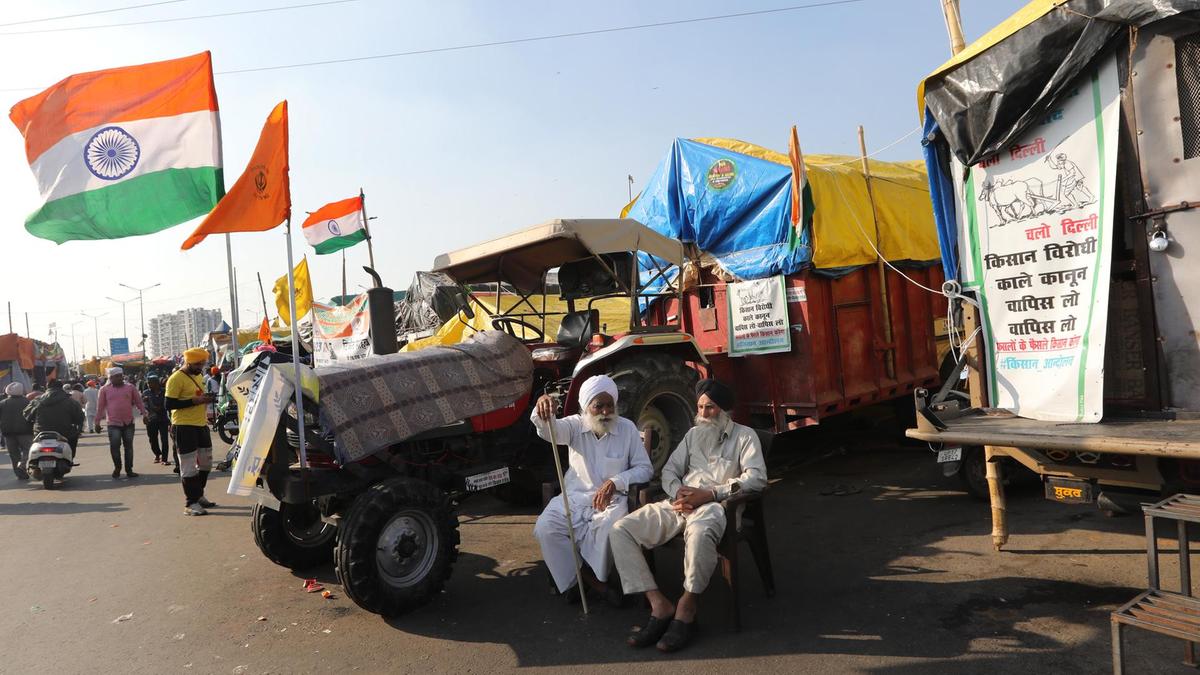Tens of thousands of Indian farmers who have been protesting since November on the outskirts of New Delhi show no indication of stopping after performing a roadblock on Saturday. They want to discard three new farming rules.
The government refuses to listen to their requests stating that the changes would benefit the agricultural sector by modernizing it.
India’s agricultural system needs upgrading and development as it has been following the old procedure for decades. The new laws would improve the system’s efficiency and make considerable improvements to the farming sector, stated by analysts.
“The farmer and big business are part of the same value chain, and their interests need not be at loggerheads,” says Om Routray, vice president of marketing at SourceTrace. This company provides digital services to agriculture businesses.
“For the laws to benefit all farmers, the government needs to remain invested in the sector – but the nature of that support needs to evolve.”
Although Prime Minister Narendra Modi has won the 2019 re-election by promising to double the farmers’ incomes, the farmers themselves now have been the gigantic challenge he faced since he first came to power in the year 2014.
According to World Bank data, the contribution of the agricultural sector to GDP has declined to about 15% compared to its contribution in 1960, which represented 40% to the GDP, which is connected to structural issues that have been affecting the farming sector for several years.
V Padmanand, a partner at Grant Thornton Bharat, stated, “The land distribution policy allocated land to tenant farmers, which got further fragmented and subdivided as the population increased,” Mr. Padmanand says. “This further fragmentation led to a size where investment in farm-level mechanization and inputs became not very [economically] feasible or affordable.”
It was revealed in 2018 that small farmers own less than one hectare of the land, which represents 86.2% of whole India’s farmers. Those do not have any privilege of investing in their crops.
“India has a large population, and a significant portion of them are below the poverty line who need to be provided basic food as per the Indian laws,” says Amit Sinha, co-founder of Unnati Agritech, an Indian platform that offers technology services to farmers. “This means that food grains have to be produced at certain volumes.”
Experts state that If the farm industry got liberalized, it would open doors for other investments and would benefit from modernizing the agricultural sector
“With the smallholder farming, the ecosystem is important to support them in evolving their farming activities and managing the risks,” Mr. Sinha says.
Although the new laws and reforms would benefit the sector by permitting private traders, it would put the farmers under more pressure.
Many small farmers have ended up heavily in debt as they struggle to secure reasonable prices for their crops, which even stopped them from buying tools and fertilizers for their lands.
“The key aspect of the new farm laws is to provide options to the farmers for where he wants to sell the produce,” Mr. Sinha says. “This would only help improve the avenues of earning. The farm laws would benefit the sector. It will help bring farming in India more in synch with the market realities.”
For a dream career, click here.







 2022-11-08
2022-11-08
 2022-08-31
2022-08-31
 2022-07-10
2022-07-10
 2022-06-01
2022-06-01
 2021-12-30
2021-12-30